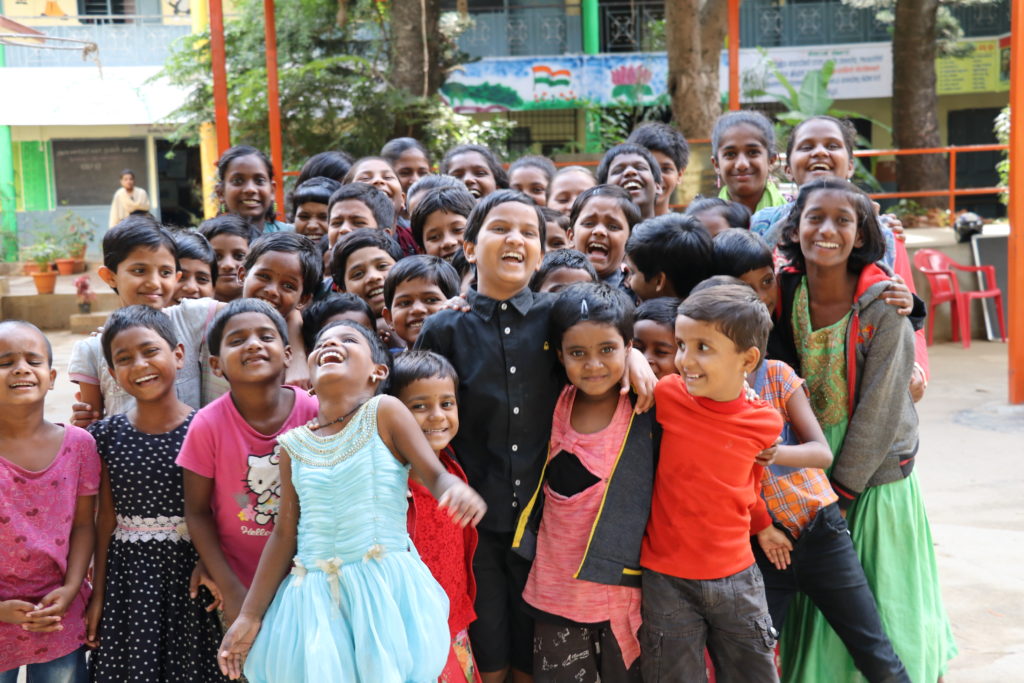Family and Social Reintegration
- Home
- / Family and Social Reintegration

Children at the residential homes spend an average of 6-7 years at NBI, while remaining in constant touch with their parents. During holidays, they are sent back home for a short stay.
There are also a few exceptions wherein, despite being concerned and caring, parents are not in touch with their children. Nevertheless, as the children reach 18 years of age, the decision of returning back to families is primarily on them.
If the child is willing to return, and the background of the family is conducive, then children are reunited with their parents. NBI organises counselling sessions for both children and parents.
The focus is to understand the plans of children and the aftercare sought by NBI. Children are supported with scholarships even when they decide to study at their native while staying alongside their parents.
In case children are unwilling to return or don’t have supportive parents, they are referred to government hostels. NBI follows up on them regularly to check on their safety and needs. The NGO also provides them with scholarships for their higher education. Later, they are encouraged to take up jobs and become self-reliant.
As children complete their graduation, they are encouraged to apply for jobs according to their interests. NBI also spreads the word among its network and refers children to suitable positions.
This is the last mile support that NBI provides. Once a child is connected to the working force, the quality of life and living standards changes completely. This transformation creates a ripple effect on the families and the communities that the child lives in.
Girls who move out of the residential homes are followed up once in every quarter. The intention is to keep a track on their well-being and identify any support they may need, be it financial, emotional, career guidance, resume building etc. Currently, 100 children are being followed up-once in every quarter.